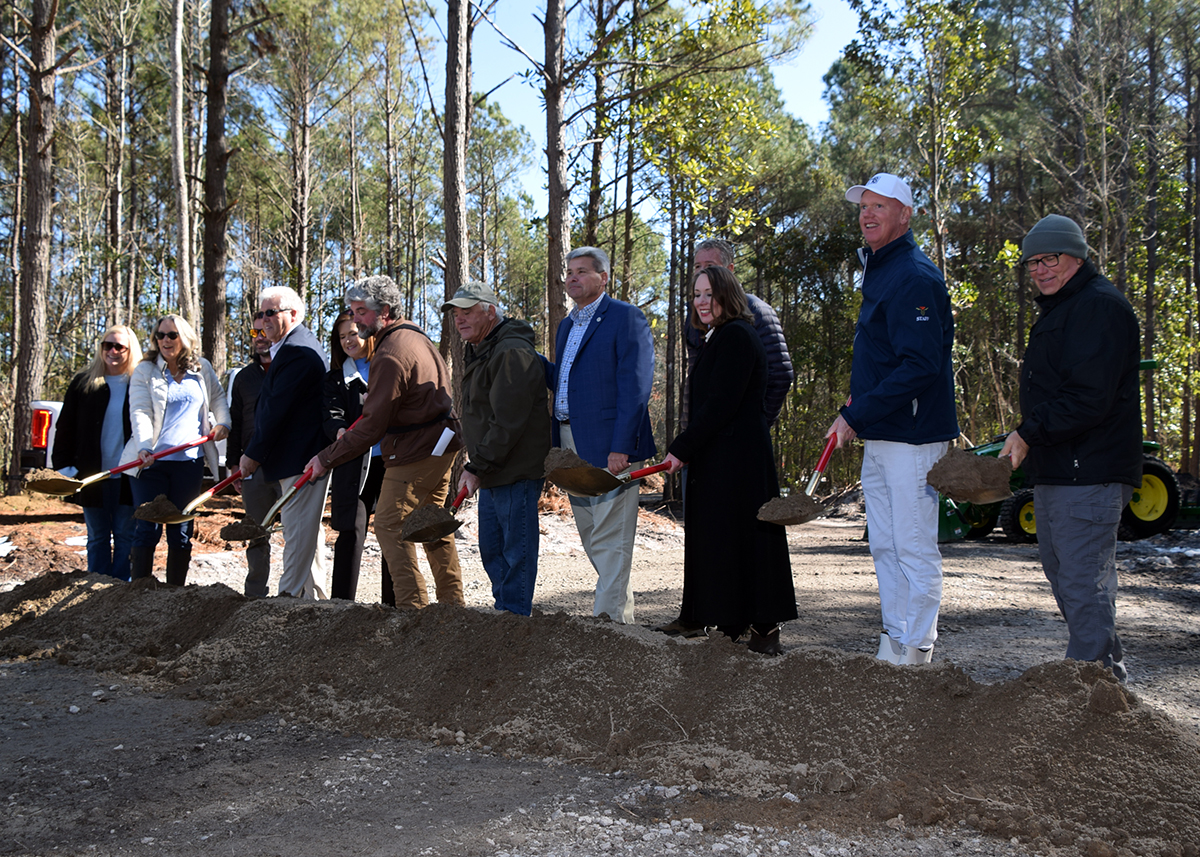
A coalition of North Carolina community and environmental justice groups are suing the U.S. Environmental Protection Agency for not requiring Chemours to fund studies examining the effects of chemical contaminants found in the Cape Fear River on human health.
The lawsuit, filed this week in the U.S. District Court for the Eastern District of North Carolina, pushes back on the EPA’s decision denying a petition that would require the company to pay for human health research on 54 per- and polyfluoroalkyl substances, or PFAS, its Fayetteville Works Facility has released into the environment for decades.
Supporter Spotlight
PFAS are man-made chemical compounds used in making of a host of consumer products including waterproof apparel, nonstick cookware, food containers, makeup and stain-resistant carpets.
In October 2020, the groups filed a petition under the Toxic Substances Control Act, or TSCA, to force Chemours to fund a comprehensive research program on 54 PFAS the plant had emitted into the river, a raw drinking water source for more than 300,000 residents of the Cape Fear region, the air and soil.
The EPA last December said it was granting the petition, but “refused to require nearly all the health studies requested by the communities,” according to a news release.
“Congress granted members of the public the right to hold EPA and polluters accountable in court if the Agency wrongly refuses to require testing under TSCA,” Bob Sussman, the groups’ attorney said in a statement. “But EPA’s lawyers are trying to block us from exercising this right through the fiction that EPA granted what we asked for. If this tactic succeeds, it will set a harmful precedent that will deny other communities meaningful access to the courts.”
Health studies on what are referred to as legacy chemical compounds such as perfluorooctanoic acid, or PFOA, and perfluorooctyl sulfonate, or PFOS, continue to uncover the impacts of those in adults, children, and unborn babies.
Supporter Spotlight
But there is little to no health data on these compounds, some of which, like GenX, one of the compounds created at Chemours, are being used as a replacement for PFOA and PFOS as those have been phased out of production.
Since the public was made aware in 2017 that Chemours had been discharging PFAS into the Cape Fear River for some 30 years, North Carolina researchers have been conducting health studies. Results of those studies have so far indicated impacts to the immune system, liver and kidneys.
The EPA earlier this month set final health advisories for GenX and perfluorobutane sulfonic acid, or PFBS. PFBS has not, to date, been found in significant concentrations in samples taken in North Carolina, according to the state Department of Environmental Quality.
EPA is also updating interim health advisories for PFOA and PFOS from 70 parts per trillion, or ppt, to 0.04 ppt for PFOA and 0.02 ppt for PFOS.
“We believe EPA’s new health advisory levels for several PFAS make it clear they know these chemicals are extremely dangerous. Our highly-exposed community needs to know just how dangerous and the polluter – not taxpayers – should pay for this work,” Cape Fear River Watch’s Dana Sargent said in the release.
Cape Fear River Watch is one of six groups who filed the TSCA petition and are involved in the lawsuit. The other groups are: Center for Environmental Health, Clean Cape Fear, Democracy Green, North Carolina Black Alliance, and Toxic Free NC.
Jovita Lee, NC Black Alliance program director, said in a statement that communities of color need to be able to fight in court to keep from continuous exposure to chemicals that have not been tested in human health exposure studies.
“Black and Brown communities are already suffering from the crushing burden of cumulative impact in their respective communities, in addition to having to bear the impact of ingesting these forever chemicals,” she said.
Sanja Whittington of Democracy Green points out that a majority of Americans have PFAS in their blood.
“The CDC has found PFAS in the blood of 97% of Americans,” she said. “We petitioned EPA under TSCA because corporate accountability is a must to provide for testing of PFAS for the benefit of those impacted and remediation of harm caused by this invasive toxic element that irresponsible corporations have carelessly unleashed on the unsuspecting citizens of North Carolina. We are dismayed that EPA is trying to deny us access to the courts.”







